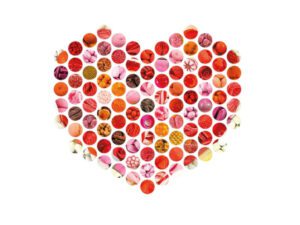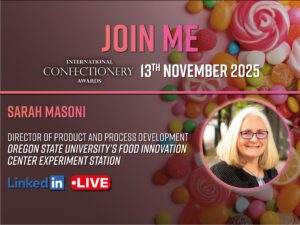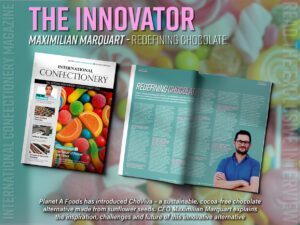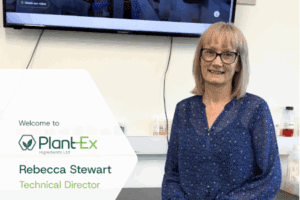Nestlé in the UK and Ireland has redesigned its confectionery sharing bags to use significantly less packaging – a move that will see at least 83 tonnes of virgin plastic taken out of its supply chain every year.
From April, some of the nation’s favourite treats, including Milkybar, Aero Bubbles, Munchies, Rolo, Yorkie, and Rowntree’s Randoms will come in new narrower pouches. Nestlé sells approximately 140 million confectionery sharing bags in the UK and Ireland every year; this change will save almost one million2 square metres of packaging – equivalent in area to 131 football pitches.
Cheryl Allen, Head of Sustainability for Nestlé Confectionery said: “Nestlé is working hard to reduce its use of virgin plastic by one third by 2025. Removing 15 per cent of the packaging from our sharing bags is an important step towards this goal. The move will not only save on the amount of virgin plastic we use each year, it will have significant benefits throughout our supply chain in the UK and Ireland.
“For example, we can now pack more sharing bags at a time, which means fewer lorries are needed to transport them. In total, we will be able to take the equivalent of 331 lorries off UK roads every year, saving 71472 road miles and 130 tonnes of CO2 emissions.”
Alongside reducing the amount of packaging used, Nestlé is also making it easier to recycle plastic wrappers which are not currently collected at kerbside. Its partnership with TerraCycle3 gives consumers the ability to recycle confectionery wrappers now, while changes in technology and infrastructure are being worked on. Flexible plastic packaging can be dropped off at around 300 TerraCycle recycling points across the UK and Ireland. The waste is sent to a specialist recycler, where it is turned into plastic pellets that can be used to manufacture new products such as outdoor furniture and storage boxes, meaning the wrappers recycled this way won’t end up as landfill or litter in the environment.
Nestlé has also joined the Flexible Packaging Consortium with Ella’s Kitchen, Mars and Taylors of Harrogate, working with waste and recycling experts SUEZ. The consortium recently released a new report providing recommendations to increase flexible packaging recycling in the UK.
Further initiatives Nestlé is undertaking as it works to make all its packaging recyclable or reusable by 2025 include:
- Making all Smarties packaging paper-based, removing approximately 250 million plastic packs sold worldwide every year.
- Investing up to £1.6 billion globally to lead the shift from virgin plastics to food-grade recycled plastics and to accelerate the development of sustainable packaging solutions.
- Signing up to the European Plastics Pact. The Pact will help Nestlé achieve 100% recyclable or reusable packaging and reduce the use of virgin plastics by one third by 2025.
- Creating an Institute of Packaging Sciences to evaluate and develop various sustainable packaging materials and to collaborate with industrial partners to develop new packaging materials and solutions.
- Moving the full range of Buxton Natural Mineral Water to 100% recycled plastic (rPET), while remaining 100% recyclable, by the end of 2021.
Image credit: Nestlé
To stay up to date on the latest, trends, innovations, people news and company updates within the global confectionery market please register to receive our newsletter here
Media contact
Kiran Grewal
Editor, International Confectionery
Tel: +44 (0) 1622 823 922
Email: [email protected]









